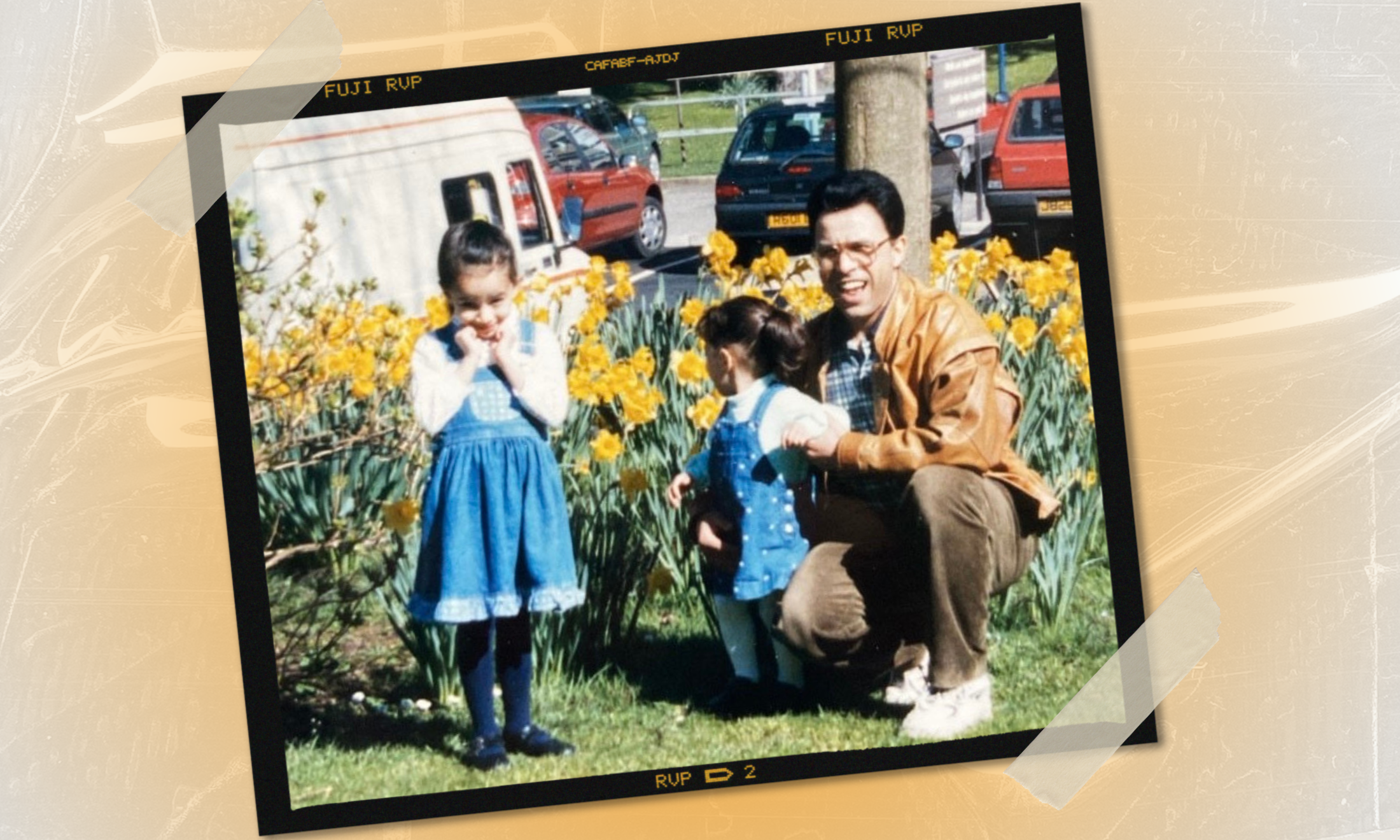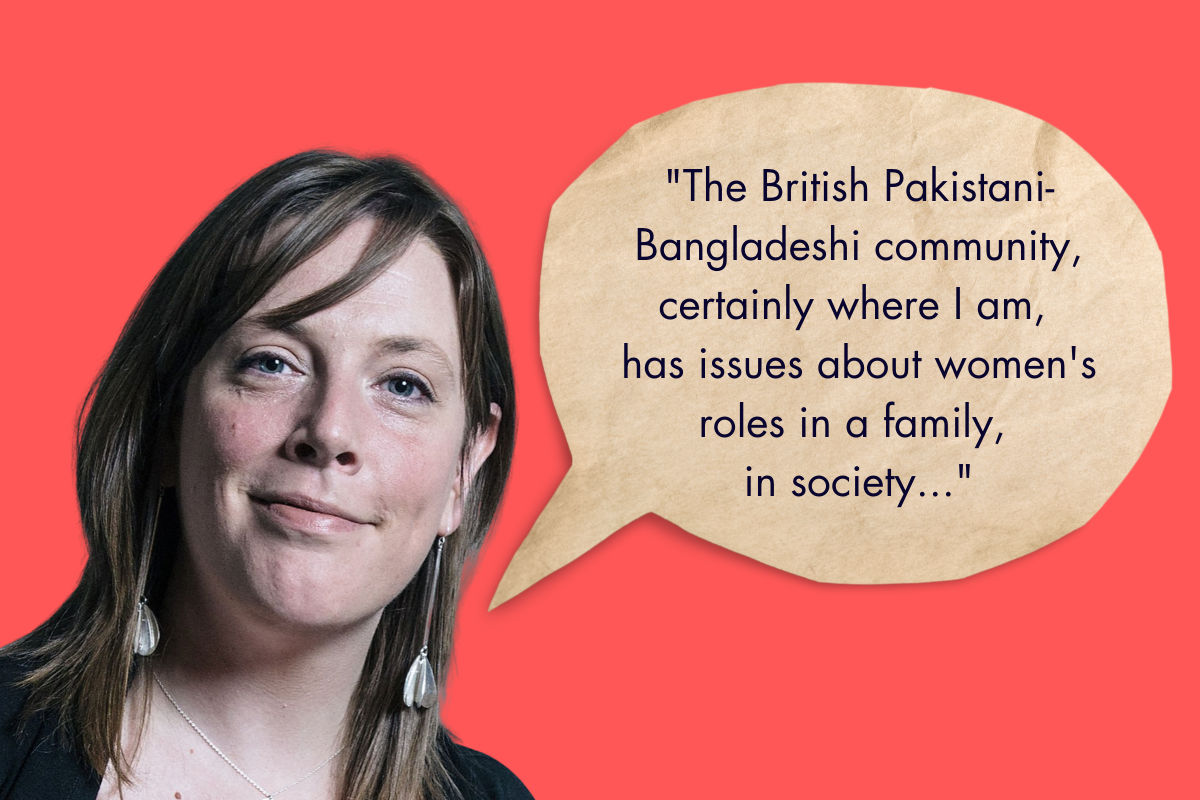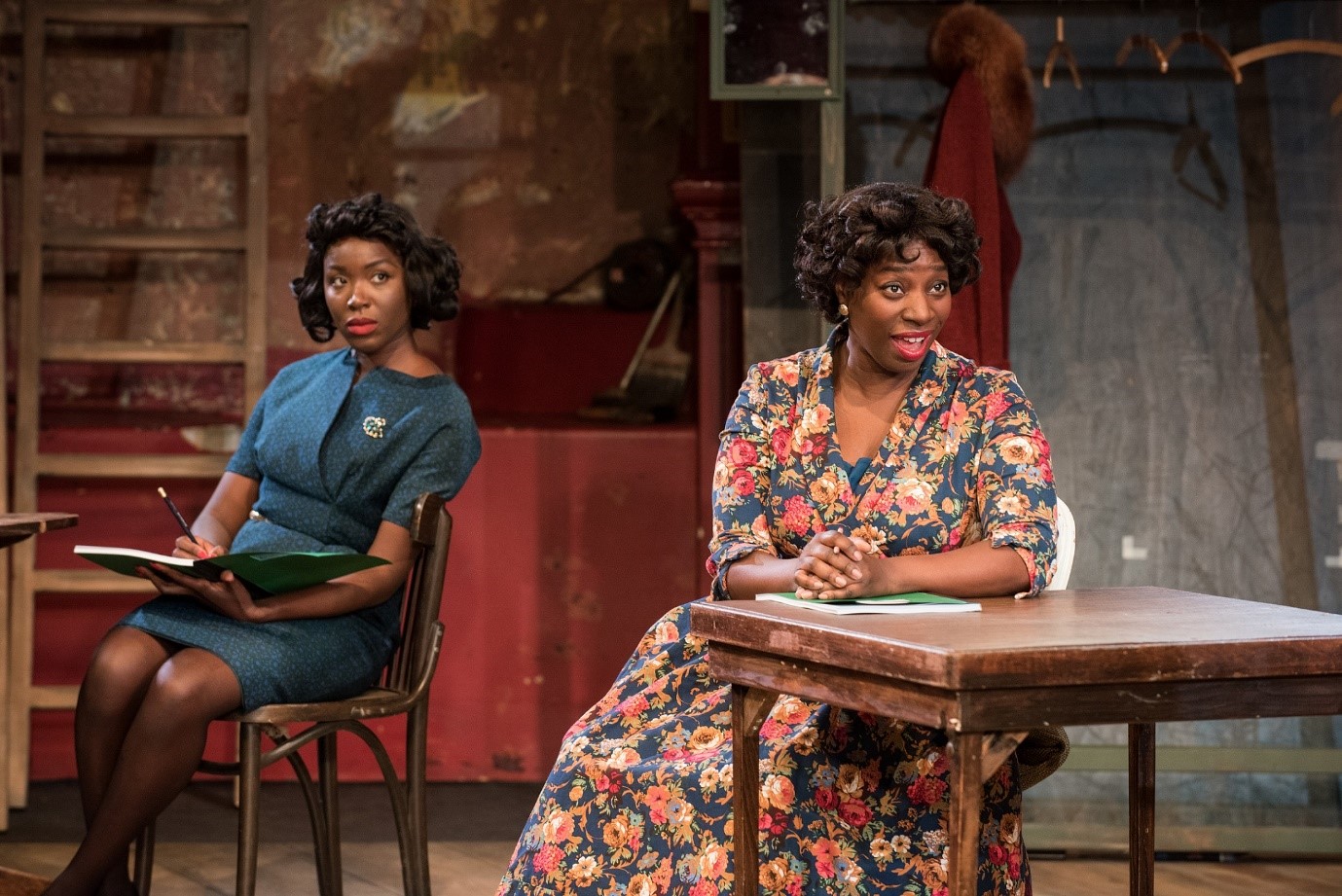
ITV
Reclaim These Streets’ girl boss feminism will never set us free
Representation of women in the police force is not the hill to die on
DiyoraShadijanova and Editors
15 Mar 2021
What’s the difference between a feminist group and gaggle of girlbosses? The former will organise protests in a pandemic, actually show up and stay consistent with its messaging on violence against women and police brutality. While the latter will cancel a vigil, implicitly take credit for the hard work being done on the ground and die on the hill of female representation in an oppressive institution. This is the story of Sisters Uncut and Reclaim These Streets – two very different groups at the centre of the vigil and protests for Sarah Everard on the weekend.
The chasm between the groups was made even deeper in a televised interview this morning when Anna Birley, Labour councillor and one of the Reclaim These Streets organisers, was asked whether Police Commissioner Cressida Dick should resign over police actions across the two protests.
“No, we’ve not called on Commissioner Dick to resign,” she said. “We are a movement of women seeking to support and empower other women. And as one of the most senior women in British policing history, we don’t want to sort of add to the pile-on.”
This one comment seemed to confirm several fears around the values of Reclaim These Streets – that they’re liberal feminists seeking to ‘create change’ through representation, respectability politics and sweet talking the police. Apparently police abolition, despite being a logical step somewhere down the line of their feminist campaign, is not on their agenda.
“Clearly representation in the police force is not the hill to die on and political values are far more important”
Clearly representation in the police force is not the hill to die on and political values are far more important. Representation politics has created the same kind of cognitive dissonance that celebrates Priti Patel being a woman! of! colour! in charge of dehumanising refugees and immigrants. Yas queen! An aspirational CEO of xenophobia!
Which is why it’s even more worrying that a Reclaim These Streets organiser sees criticisms levelled at Dick as a “pile on”. It implies, in the language of the internet, that these critiques are unfair, perhaps that they are even rooted in misogyny. Let’s make it clear: critique of Cressida Dick and the police force she presides over is a proportionate reaction to institutionalised police brutality which mostly targets marginalised individuals, many of whom are women.
There’s a dangerous narrative being created here and it’s that there’s Good Feminism and Bad Feminism. Good Feminism looks like dainty white women quietly gathering with flowers at a socially distanced ‘vigil’ (not a protest), with the permission of the police of course. Good Feminism seeks to employ “stewards” at a protest. Bad Feminism is women of colour demanding change from the bandstand in Clapham Common. Bad Feminism is seeing a vigil as a protest. Bad Feminism disrupts the status quo.
“Good Feminism looks like dainty white women quietly gathering with flowers at a socially distanced ‘vigil’ (not a protest), with the permission of the police of course”
According to Reclaim These Streets, what happened on Clapham Common was the result of Bad Feminism and if they had been present, it would have been Good. “Had we been able to go ahead we would have had Covid marshals on site, we would have had QR codes on every tree and lamppost in the common,” Anna Birley told Good Morning Britain. “We had first aiders to be on sight, mental health first aiders because it’s a very emotional subject. [There’d be] PA systems so people didn’t need to crowd to hear. We would have been enforcing strict social distancing and mask wearing.” For Reclaim These Streets, it seems a successful protest is one that resembles a day festival.
The Good Feminists make a clear distinction between a vigil and a protest, which is incredibly insulting to the marginalised communities who have previously been targeted for grieving their dead publicly. But why is it that when an event is dedicated to a horrific death of a white woman, it’s presented as a vigil, but when people gather to mourn Shukri Abdi, some will only ever see it as a protest?
As writer Jason Okundaye put it: “When the perpetrator is the state or a violent man, every vigil is a protest and every protest is a vigil. There can be no hierarchy of whose public grief is legitimate and worthy of protection and empathy.” The delineation also implies that the act of protest deserves such a violent crackdown, that dissent should be punished. Protest is a human right and we must be allowed to engage in it without fear of harm.
Reclaim These Streets are maintaining their Good Feminism act by distancing themselves as far as possible from Sisters Uncut. At the time of writing, not only have they not publicly recognised the work of Sisters, but they’ve also failed to respond to multiple requests for clarification on whether those fined and arrested at Saturday’s vigil will have access to the half a million pounds raised by Reclaim These Streets to cover legal costs.
“Reclaim These Streets are maintaining their Good Feminism act by distancing themselves as far as possible from Sisters Uncut”
The money, which was gathered to cover Reclaim These Street original vigil’s legal costs, will now be going towards supporting (unspecified) women’s causes around the country instead, alongside cash raised in a separate charitable fundraiser. With appeals by Sisters Uncut for a commitment to share the money met by silence from Reclaim These Streets, it seems that they only regard covering the legal costs of women targeted by police as a worthy cause when it’s members of their own (hastily assembled) coalition. Solidarity indeed.
In part, it seems as though those behind Reclaim These Streets are simply out of their depth. From the moment they publicised their names in relation to the original vigil they were in trouble – any organiser worth their salt could have told them that doing so can make you liable and turn all media attention onto you and not the cause. They clearly mean well but in this arena, that counts for little; the road to hell is, after all, paved with good intentions. In comparison, the experience of political organising and mobilising that Sisters Uncut have acquired in their seven-odd years of existence has been on full show over the past few days.
Sisters know you can’t negotiate with the police or ask permission to protest. You show up regardless, do it, and keep momentum going. It’s here where political backgrounds come into play; Reclaim These Streets organisers include several Labour councillors, the chair of London Young Labour and a public relations executive. They are part of, and believe in, the establishment. Sisters Uncut are radical activists. They believe in demolishing the establishment altogether.
“Both the police and Reclaim These Streets seem to be perpetuating the idea that an ‘orderly’ protest will diminish the kind of police brutality seen on the weekend”
But after raising half a million pounds, the organisers of Reclaim These Streets need to quickly figure out what it is they actually do stand for. Right now, the group is simultaneously criticising the police whilst aligning themselves with the force. Both the police and Reclaim These Streets seem to be perpetuating the idea that an ‘orderly’ protest will diminish the kind of police brutality seen on the weekend. That only a Good Feminism kind of protest, à la Kendall Jenner and the Pepsi can, will ensure that our fundamental rights of protest and humanity won’t be taken from us. That seeking permission from an oppressive state is the only way to legitimately stand against an issue.
The respectability politics of this kind of protest will not unshackle us from our chains. It will not bring an end to the violence against women and marginalised genders that people are demanding. What it will result in is a few limp attempts at ‘reform’ and further carceral solutions, like making misogyny a hate crime. What good is that when it’s an institutionally sexist and violent force tasked with dealing such reports? Unfortunately for Reclaim These Streets, the road they are busy paving leads back to giving more powers to the police. Perhaps they should take some time out from their busy media schedule, sit down with Sisters Uncut and have a rethink. There’s still time to course correct.

Britain’s policing was built on racism. Abolition is unavoidable

How Pakistan’s Khwaja Sira and transgender communities are fearing and fighting for their futures

Their anti-rape performance went viral globally. Now what?






